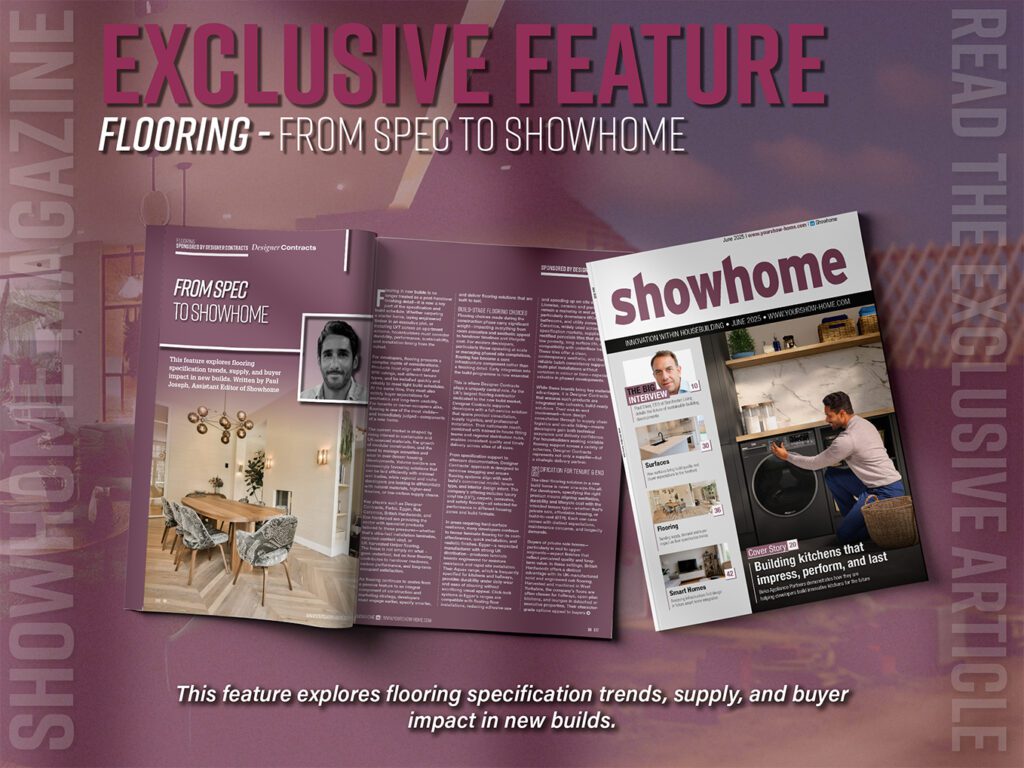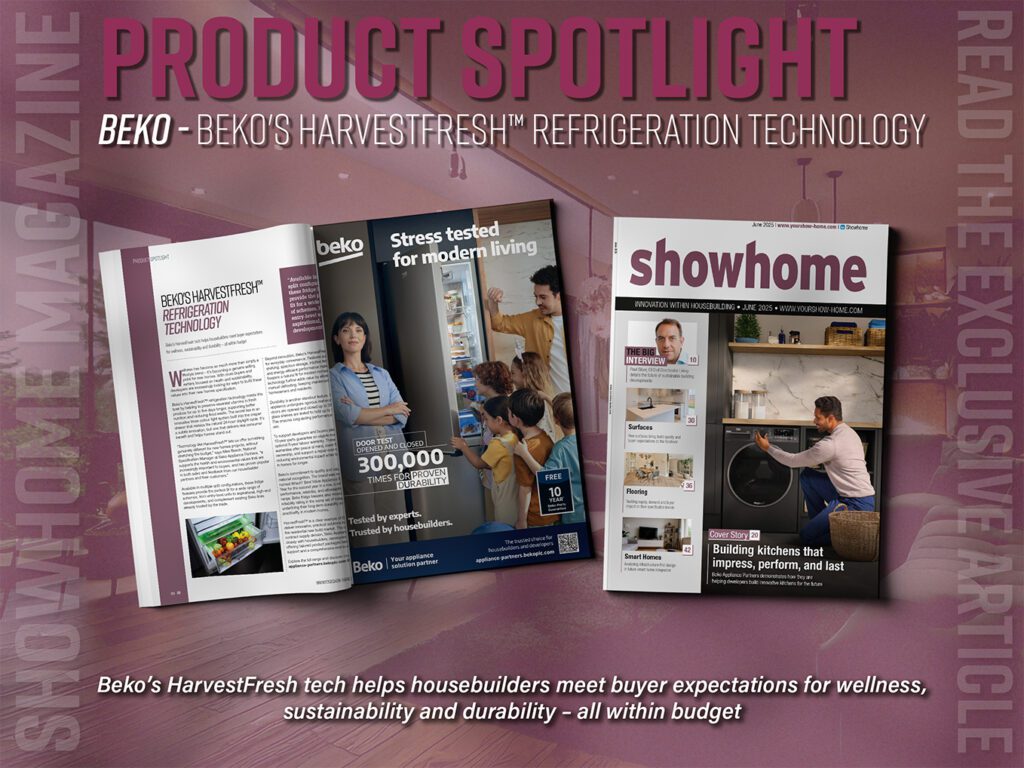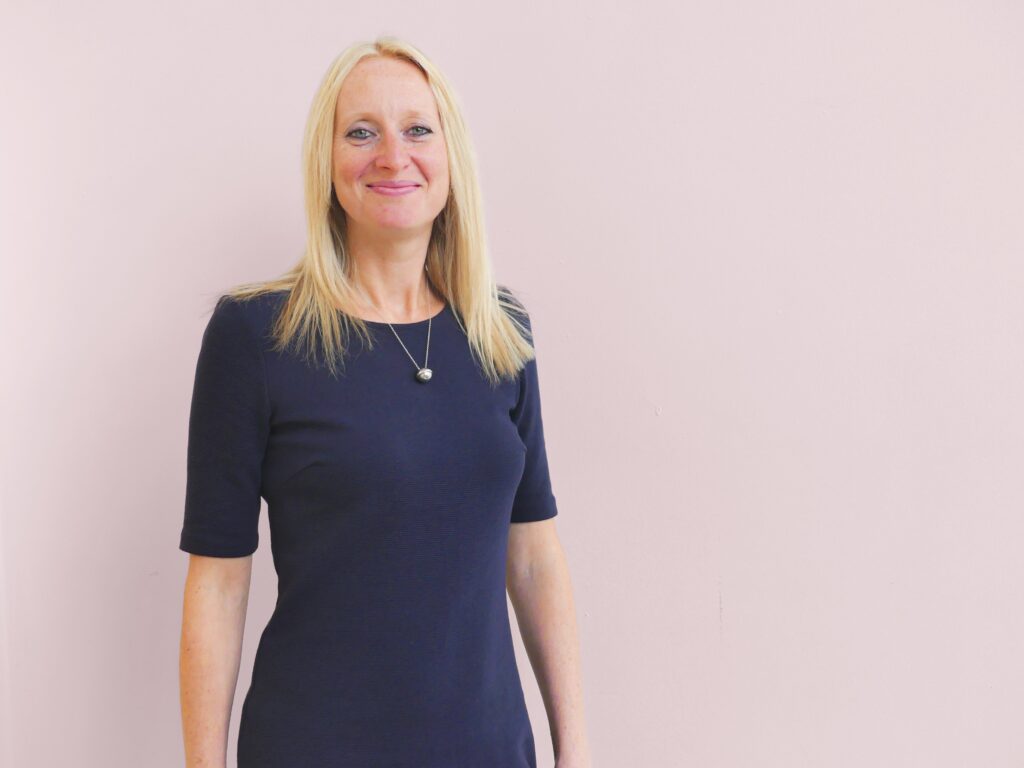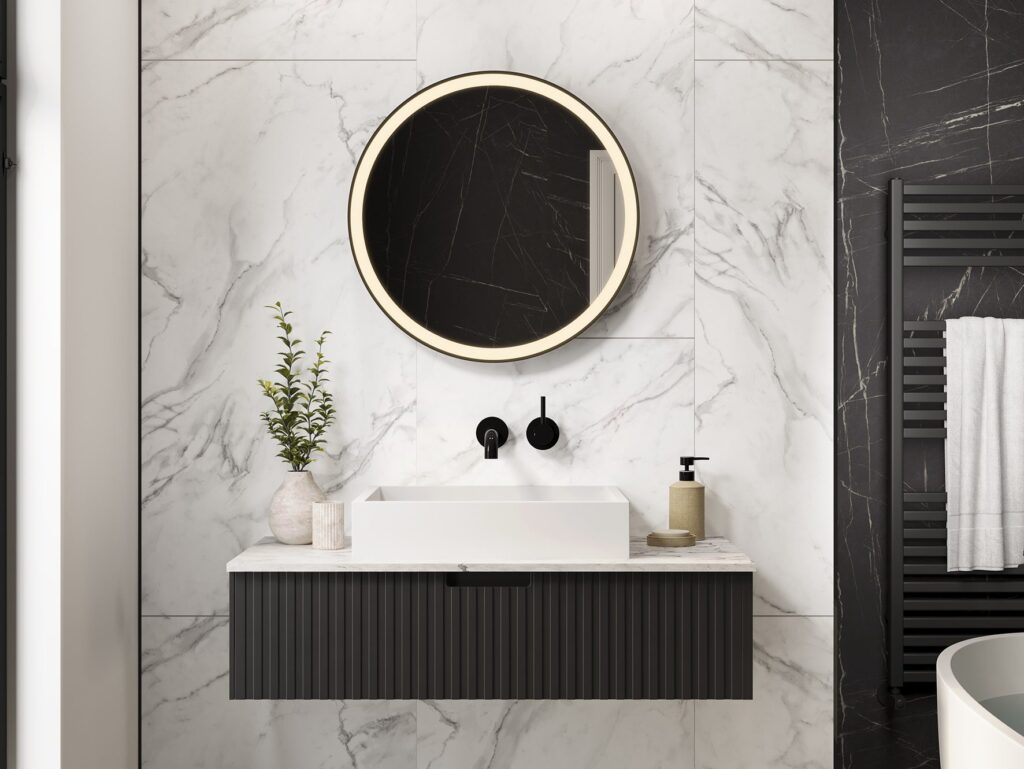Showhome Editor Joseph Clarke talks with Steve Fleming, Head of Samsung Climate Control Solutions UK and Ireland, about innovative heating and cooling systems
Samsung recently carried out a bespoke research survey and an analysis of UK Google search results. The results of this research were published in a report, sharing the overarching themes that are permeating consumer conversations regarding smart technology in the home. With Samsung being a leading collaborator in the building industry, the results provide essential guidance to those in construction as to how to best meet the purchasing demands of the modern consumer.
Interestingly, a survey of 1,000 adults looking to move home (buy or rent) in the next five years, combined with the analysis of Google search trends between March 2022 and March 2023, showed six key insights:
- Consumers want smart technology and will pay a premium for a smart home – 6.5% more than the average house price in the UK
- Customers are prioritising energy efficiency – 71% said energy efficiency is a key factor when considering a smart home
- Ideally, new build developments should be smart tech optimised to attract the modern buyer – a third are drawn toward new builds as they think they will be pre-fitted with smart tech
- Almost 40% of Gen Z buyers want their next property to be a smart home
- Smart Energy devices lead the online search categories when compared to lifestyle, home and security – half of all UK smart tech searches featured the phrase ‘smart energy’
- Device compatibility is key – 81% said it is “important” tech is compatible and works seamlessly with current device
What has become particularly clear is that concern around the cost of living and environmental impact is growing in importance. Technology relating to energy efficiency is highly sought after with 29% from the survey saying that they would like an air source heat pump in their home, which was in the top three searches for smart home products after a smart meter, and before a heat pump tumble dryer. Almost three quarters (71%) said energy efficiency is a key factor when considering a smart home and more than half (56%) say it will save them money.
Showhome Editor Joseph Clarke had the opportunity to sit down with Head of Samsung Climate Control Solutions UK, Steve Fleming, to enquire more about the systems that are available to cater to these growing market trends and needs.
Steve, when it comes to climate control systems for new homes, what are some of the latest trends that you’ve seen?
In terms of controlling the home, in terms of applying heating in the home, control is everything, absolutely everything. So, at Samsung we have a platform called SmartThings where you have full visibility of your heat pump, what it’s doing, how we can control it. You can control it via your phone – and you can set geolocation so that your heating comes on when you approach home. So, you can switch it on and monitor it from your phone, and it makes the product so much more easily interfaced and so much easier to control. I think as part of the application we have to make them as simple and as controllable as possible. Obviously, the knock-on effect of that is the management of people’s energy bills. So that’s the really interesting part of this business right now, that we’re working really hard to make the heat pump easier to control, and more visible in terms of what you’re getting out of your heat pump. We can also control it remotely as well. We have a system coming out soon called EHS Cloud Service where if you have a heat pump professionally installed and maintained, which is working beautifully and delivering energy into your home, it can be looked at remotely to avoid those distress purchases where your heating fails. It can be looked at, the engineer can make an assessment of the potential part that may need replacing sometime in the future, and then can arrange for a visit to do that pre-planned maintenance.
How popular has smart technology become for climate control systems in new homes?
I think every home has some version of smart tech. It’s been an evolution in terms of the journey from initial platforms that control heating and it’s moved on at such a quick pace. At Samsung we can control everything in the home via SmartThings. Some specific examples in my home would be a dishwasher, cooker, microwave, air conditioning, all on SmartThings. I think the conversation in a very quick time won’t be how prevalent it is but how we can make smarter tech even better. I think it’s a fast-paced, big-moving environment. The best part of that is there’s a lot of different manufacturers here today and there’s always that ongoing technology race that challenges us to be a bit better.
Do you think that the sales of new homes have increased due to smart technology?
We recently carried out a survey in which we consulted a thousand people who were looking to buy a new home in the next five years. Almost a third (29%) of them were interested specifically in heat pumps. When they were asked about a premium to pay for a smart home, they said they would be prepared to pay six and half percent premium for a top standard smart home. So, the desirability is really there right now because the new homeowner wants visibility of all the electrical technology in the home.
Do you think that housing developers and potential buyers are more influenced by energy efficiency or aesthetics?
I think it’s a combination of everything really. I think if you are going to install a heap pump, you want it to look nice. But controllability and energy efficiency are absolutely key. Given the rise in energy costs over the last 2 years or so, there is a lot more focus on this. We are a technology business that makes TVs, heat pumps, air conditioners, refrigeration, and vacuum cleaners. What we want to be able to do in this arena, in this field, is give the homeowner every single opportunity to mitigate their energy bills, to control what they use in their house and when they use it. Whether that’s on a smart tariff, whether it’s timing your appliances to come on at a different time of day or night, or to integrate them with battery storage and solar PV, because we can do that through SmartThings as well. It’s all those different things that we can offer as a suite of things. It’s all those little parts of the business that can contribute to a holistic approach towards net zero homes.
What role have the wind-free systems played?
When I joined the business four years ago, the first thing I was introduced to was the WindFree product. The front face of the unit has 23,000 micro holes, the vanes close over and permeate out a really low terminal velocity. Particularly for the home, it’s an amazing product because there’s no draught. Again, it also mitigates energy usage because it holds the room at a really steady temperature. It’s a combination of low air velocity, it is very quiet and very efficient. It holds the room at a really steady temperature. All you’re doing with this system is using just enough energy to keep the room at that temperature.
Finally, do you have any predictions for the future of either heating or cooling systems or both?
I think that there’s a combination of things which will occur in terms of cooling. For the home, obviously we’re on the back of that extremely hot summer last year. The predictions are that there is going to be a change in terms of the UK domestic market of air-conditioning. Prior to Covid, you’d leave your home, you’d go into an air-conditioned car, you’d drive to an air-conditioned office, you’d get back into the air-conditioned car and you’d go home when it was a little bit cooler or a little bit later. If you are working from home now, you’re experiencing that heat during your working day and you’re not as comfortable essentially as you were three years ago. Because of this change, more and more people now require air-conditioning systems in their homes.
Heating is slightly different because legislation from the government will guide us. It will guide how much the heating business grows. It grew 26% last year and 61% the year before. So, the growth is certainly there already. And I liken it to a stone being pushed up the hill and the stone’s nearly at the top of the hill but It’s about to start rolling down. However, there’s a skill shortage in terms of the number of qualified heating engineers. Part of our responsibility as a manufacturer is to bring in more traditional engineers and convert them into heat pump engineers, supporting the workforce in this transition.
Read more news and exclusive features in our latest issue here.
Never miss a story… Follow us on:
Showhome
@Your_Show_Home
@Showhomemag
Media Contact
Joseph Clarke
Editor, Showhome
Tel: +44 (0) 1622 823 920
Email: [email protected]











